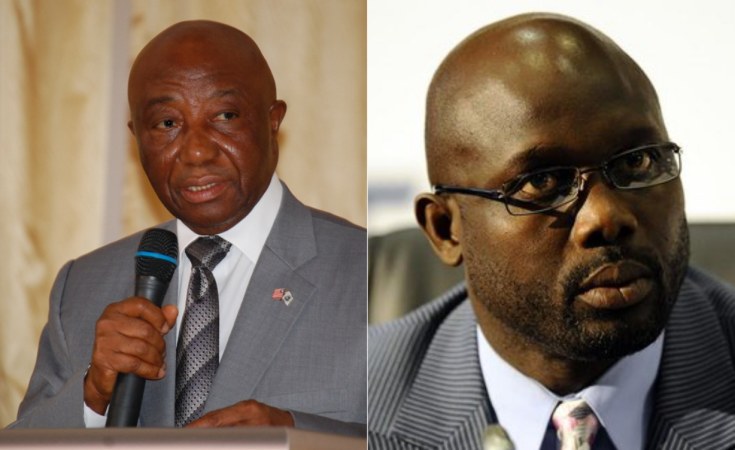Monrovia — The opposition Congress for Democratic Change (CDC) has warned that President Joseph Boakai's administration's efforts to establish diplomatic ties with Russia, despite Liberia's longstanding relationship with the United States, pose a serious threat to the country's peace and stability.
The CDC's statement, delivered by its Secretary General, Jefferson Tamba Koijee, follows an announcement that Moscow plans to open an embassy in Liberia. This development was publicly disclosed by Russian Foreign Affairs Minister Sergey Lavrov at the first Russia-Africa Partnership Forum.
Addressing a news conference on Tuesday, November 12, 2024, at the party's national headquarters in Congo Town, Koijee asserted that the Unity Party government's engagement with Russia validates CDC officials' earlier claims that President Boakai collaborated with Russia to fund his campaign during the 2023 presidential election.
"We want to remind the Liberian people that this party revealed how Mr. Boakai was actively doing business with the Russians, but he and his 'risky mission' denied it," Koijee stated. He alleged that during the election, Boakai and his political party secretly held meetings with Russian officials and sought financial support to fund their 'risky mission' at the expense of the Liberian people.
Koijee clarified that the CDC is not angered by the administration's actions but is deeply concerned about the partnership with Russia, especially given Liberia's historic ties with the United States. "Even if you're angry with the American people, you don't have to disrespect them in this manner," he added.
He characterized the Boakai-Koung administration's alignment with Russia as a disgrace and a distortion of Liberia's longstanding diplomatic relationship with the United States. He further warned that maintaining close ties with both the United States and Russia, two global superpowers with complex relations, is a matter of serious concern not only for the CDC but also for the Liberian people.
"Mr. Boakai cannot gamble with an entire nation," Koijee emphasized. He argued that the CDC and the Liberian people will not allow President Boakai to treat the country as his personal property.
Koijee called on citizens and national stakeholders, including political leaders, the media, civil society, and human rights organizations, to oppose any international alliance that threatens Liberia's stability, particularly the emerging Russia-Liberia relationship.
"We cannot sit idly by and watch our country descend into chaos as Mr. Boakai attempts to diplomatically insult the United States," he said. Koijee clarified that the CDC has no personal issue with Russia, but is deeply concerned about Liberia's approach to its diplomatic engagements.
He urged the Boakai-Koung administration to be forthright about its foreign policy stance, suggesting that if the government truly believes Russia can serve Liberia better than the United States, it should openly embrace that choice instead of playing a "double game" with the nation's future, peace, stability, and foreign policy amid the tense relationship between the two superpowers.


